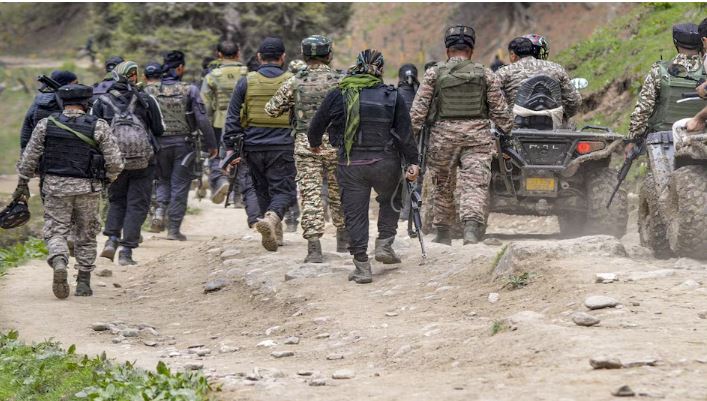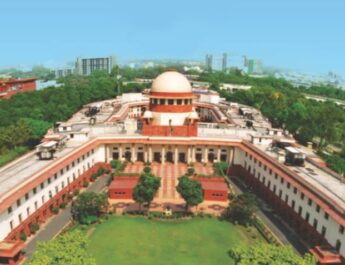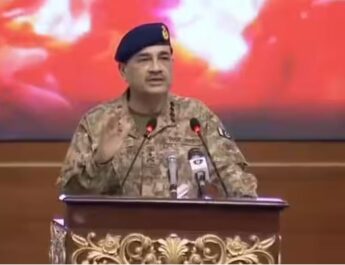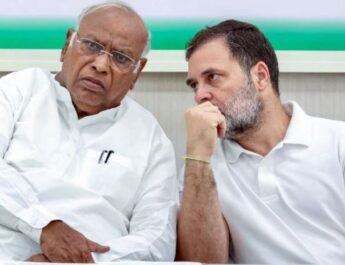New Delhi: India has implemented seven significant measures in response to Pakistan following the Pahalgam attack in Jammu and Kashmir, which resulted in the deaths of 26 individuals. Furthermore, Prime Minister Narendra Modi announced on Thursday that India will ‘identify, track, and punish’ all terrorists and their supporters involved in the Pahalgam incident, vowing to pursue the assailants relentlessly. The day after the attack, the Cabinet Committee on Security (CCS), led by Prime Minister Modi, established five specific retaliatory actions against Pakistan, instructed security forces to maintain a ‘high level of vigilance,’ and committed to ensuring that those responsible for the attack are brought to justice. On Thursday, India made two additional critical decisions.
Here are 7 decisions by India against Pakistan:
- On Wednesday, India unveiled a series of actions against Pakistan, which include the suspension of the Indus Waters Treaty. This treaty, established by the World Bank, has regulated the allocation and utilization of the Indus River and its tributaries between the two nations since 1960. The Indus river system consists of the main river, the Indus, along with its tributaries. The left-bank tributaries include the Ravi, Beas, Sutlej, Jhelum, and Chenab, while the Kabul River, a right-bank tributary, does not traverse Indian territory. The Ravi, Beas, and Sutlej are collectively known as the eastern rivers, whereas the Indus, Jhelum, and Chenab are referred to as the western rivers. The waters from this river system are vital for both India and Pakistan. The Indian government stated that the suspension will remain in effect until Pakistan credibly and permanently ceases its support for cross-border terrorism.
- Additionally, India announced the expulsion of three military attaches from Pakistan and instructed Islamabad to reduce its high commission staff in New Delhi from 55 to 30.
- Foreign Secretary Vikram Misri indicated that Pakistani nationals will be barred from traveling to India under the SAARC visa exemption scheme (SVES), and any Pakistani national currently in India under this scheme has 48 hours to depart.
- The Cabinet Committee on Security (CCS), after a two-and-a-half-hour meeting, decided to immediately close the Integrated Check Post at Attari, the only active land border crossing between the two countries. Misri noted that those who have crossed over with valid endorsements may return through that route before May 1.
- In announcing these retaliatory measures, the foreign secretary declared that the defense, military, naval, and air advisors at the Pakistani high commission in New Delhi are persona non grata and must leave India within a week. India will also withdraw its own defense, navy, and air advisors from its high commission in Islamabad.
- On Thursday, India announced the immediate suspension of visa services for Pakistani nationals. The Ministry of External Affairs (MEA) stated that all currently valid visas issued to Pakistani citizens are revoked as of April 27. It also mentioned that medical visas for Pakistani nationals will remain valid only until April 29. The MEA urged all Pakistani nationals present in India to exit the country before their visas expire.
- Additionally, the Border Security Force announced a reduction in the scale of the retreat ceremony conducted at Attari, Hussainiwala, and Sadki along the India-Pakistan border in Punjab. This ceremony, which has been taking place since 1959, attracts hundreds of visitors, including foreign tourists and locals, to the Attari-Wagah border daily to witness the flag-lowering and retreat event.




